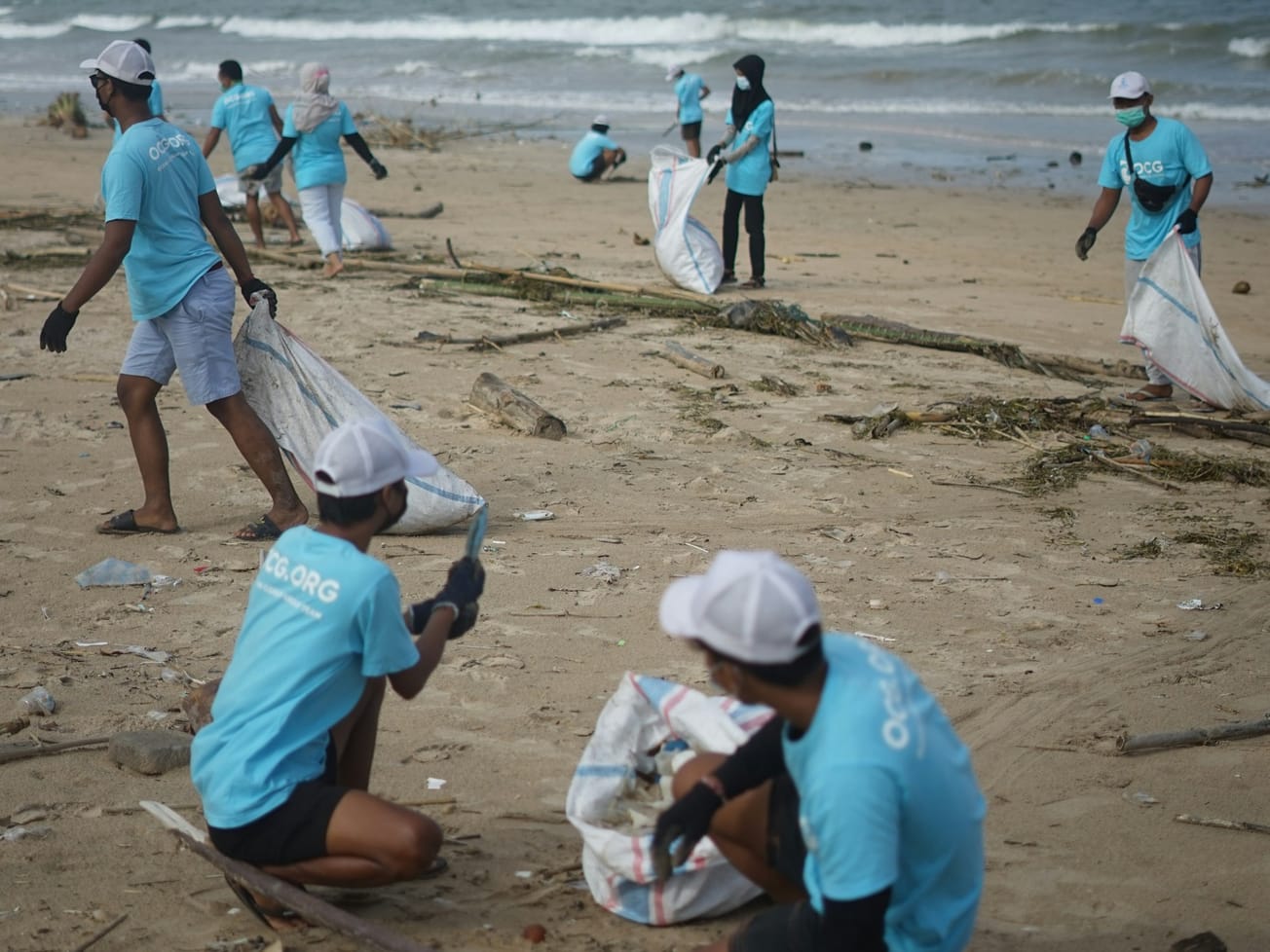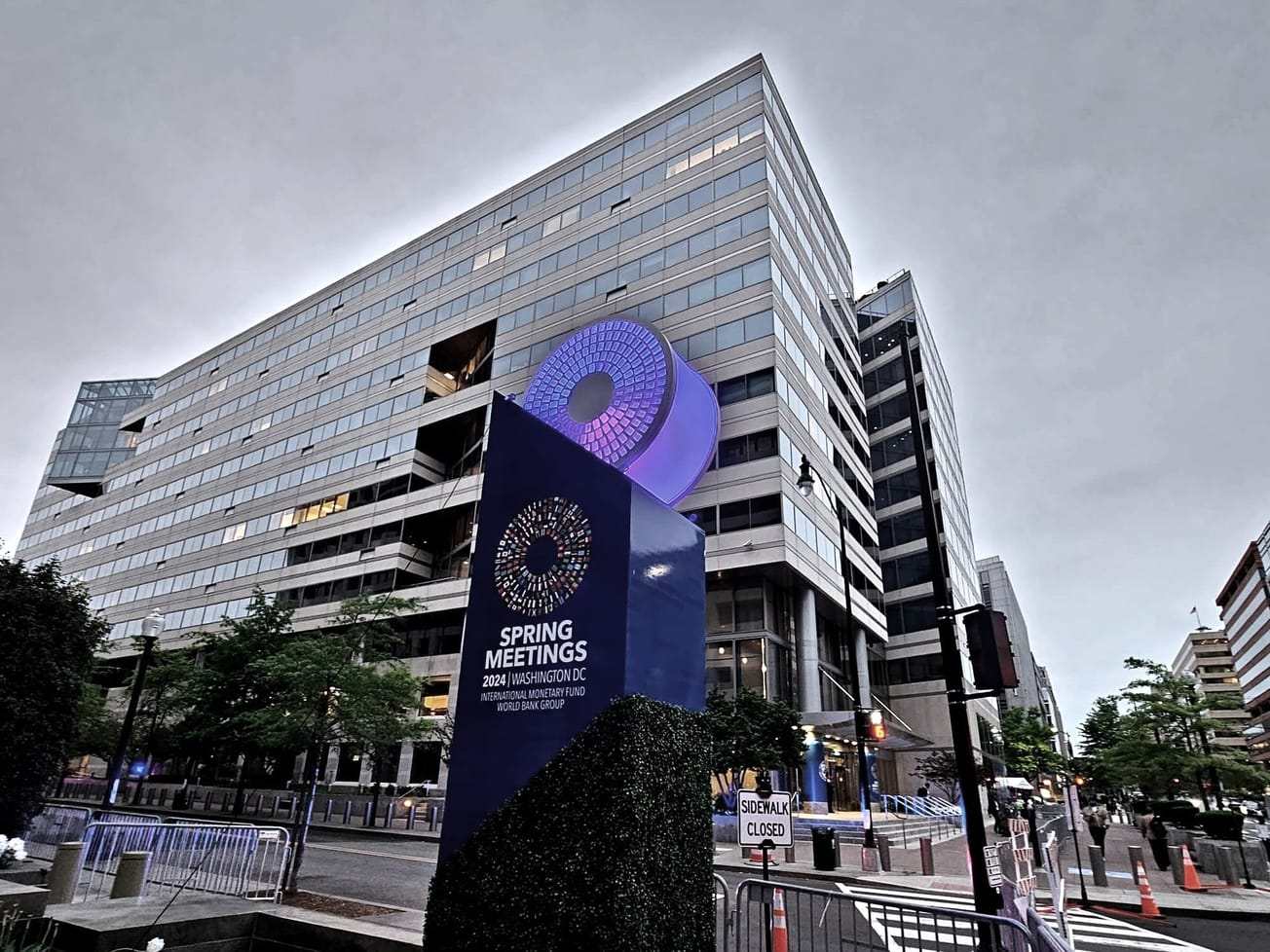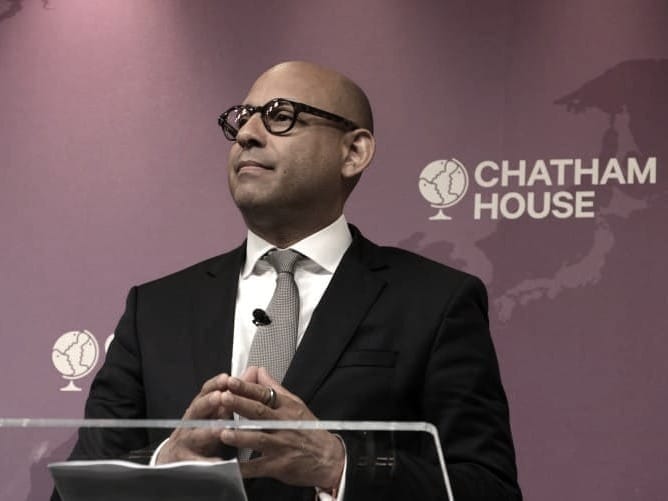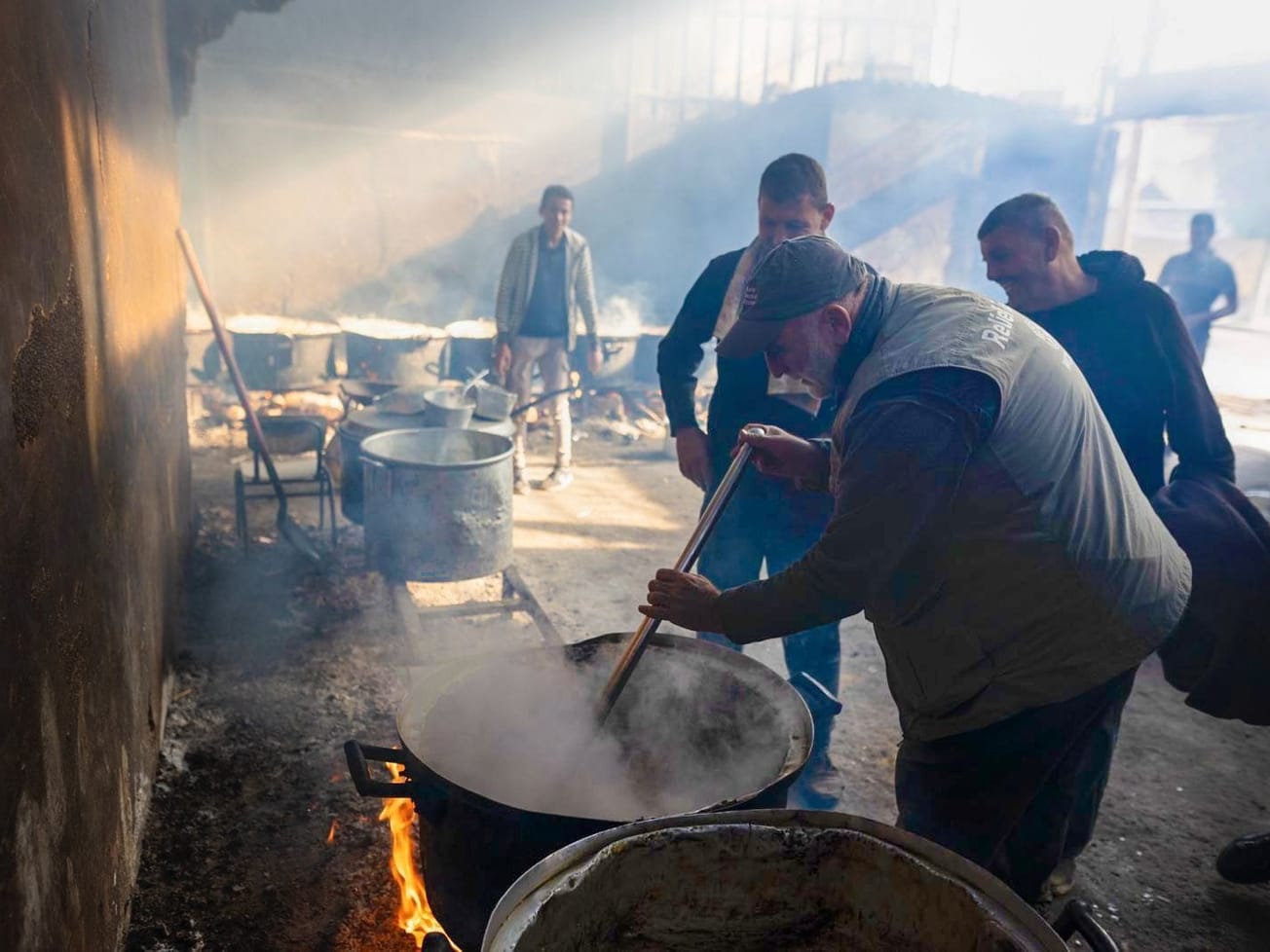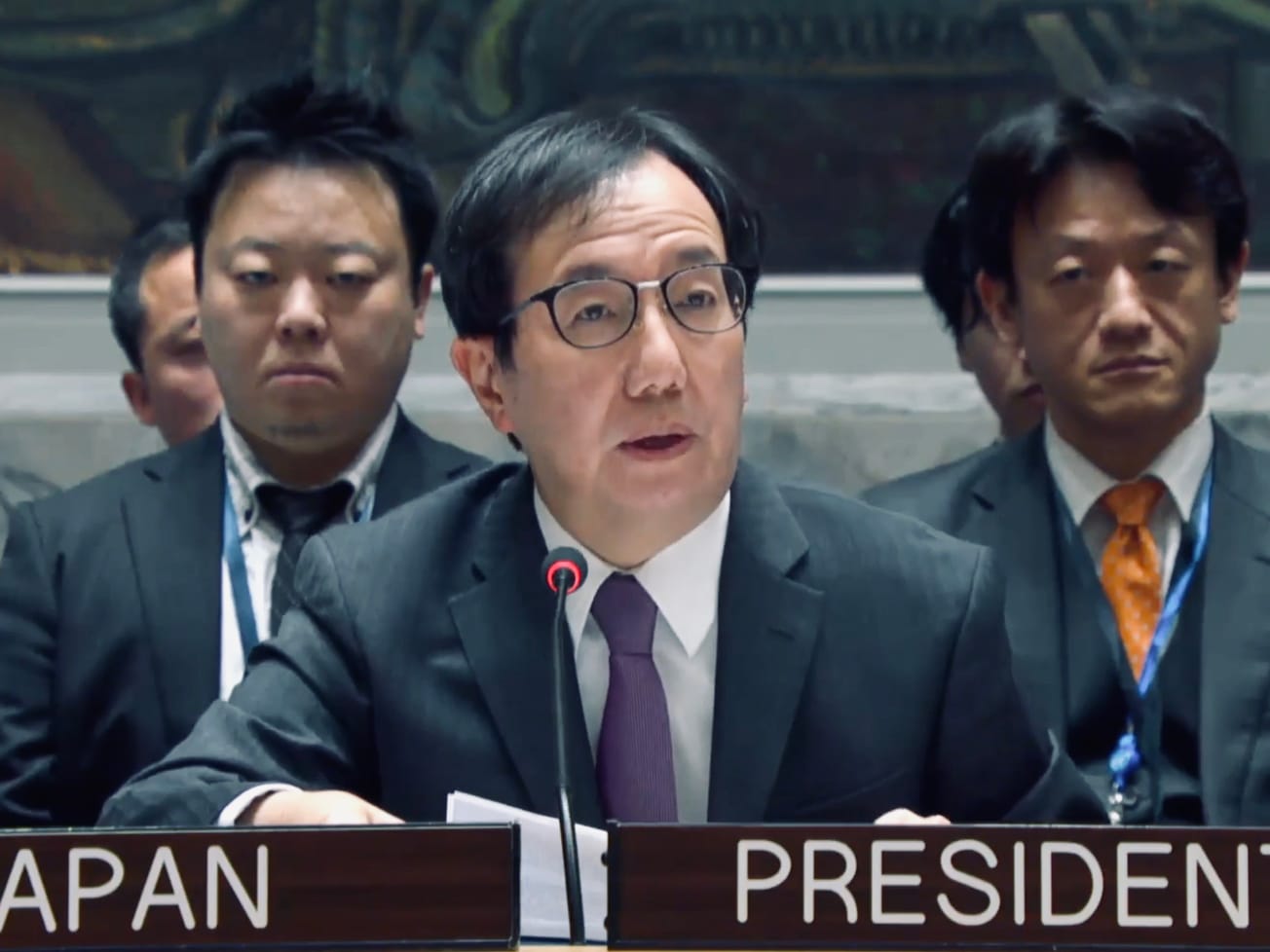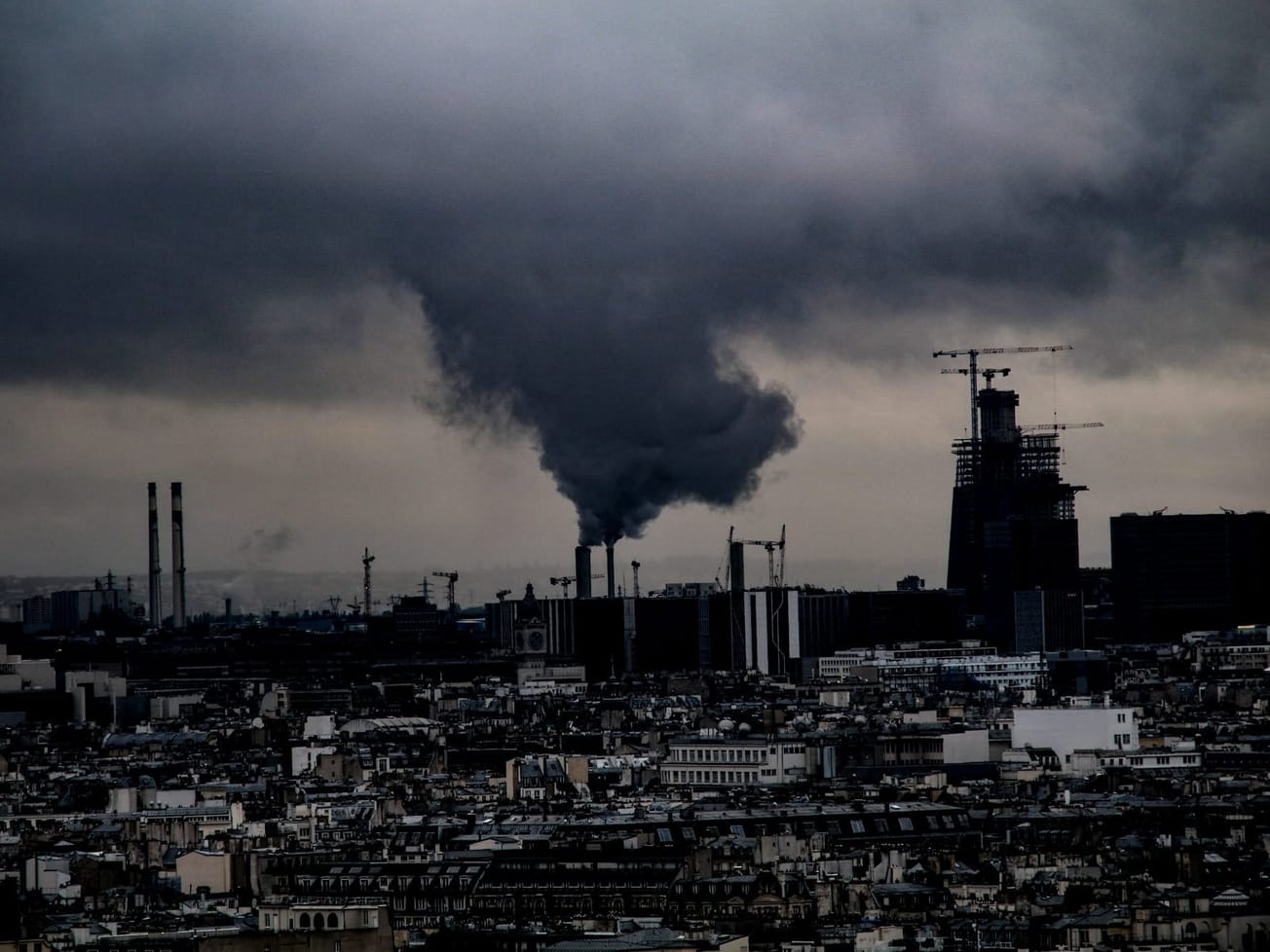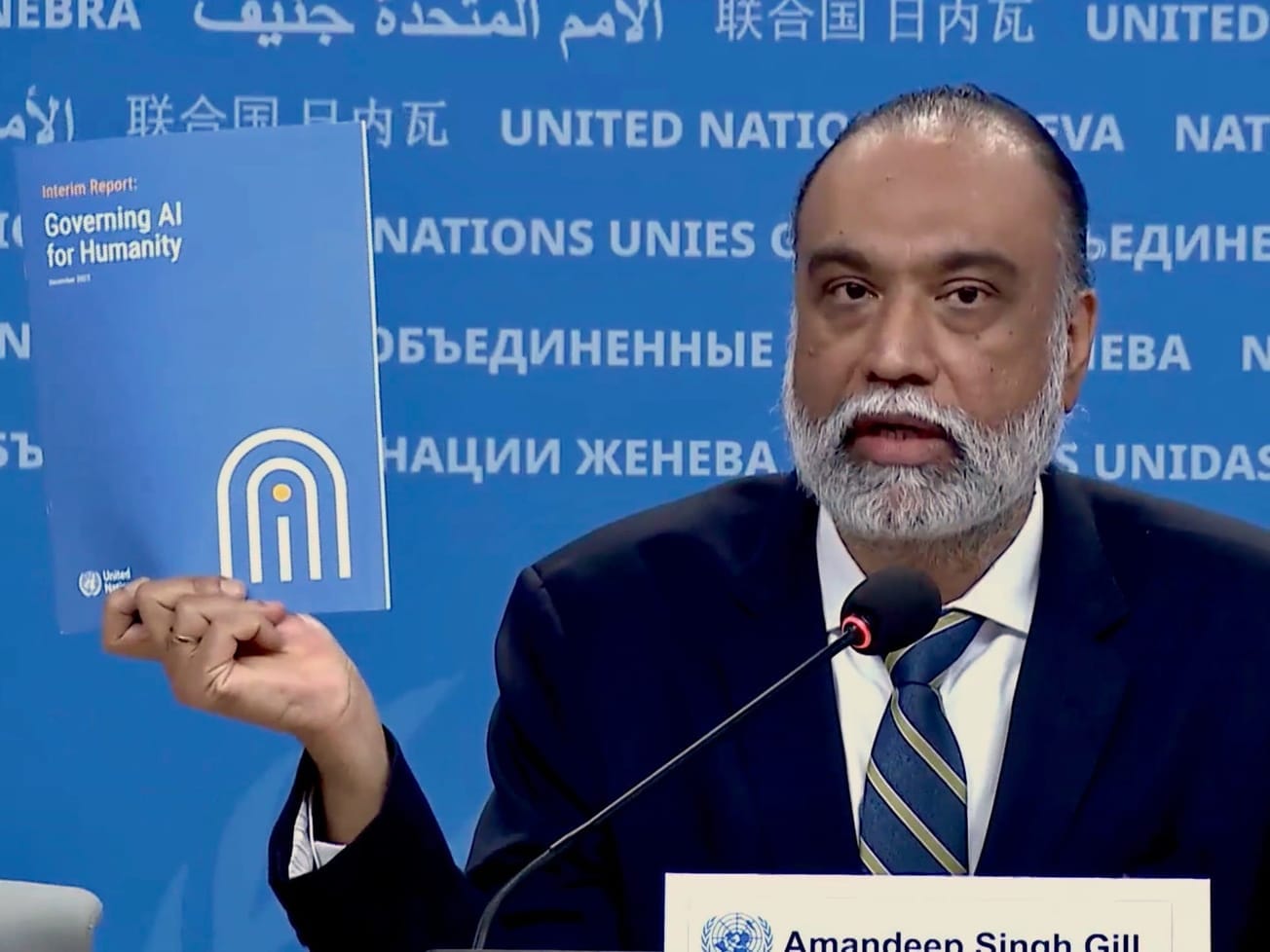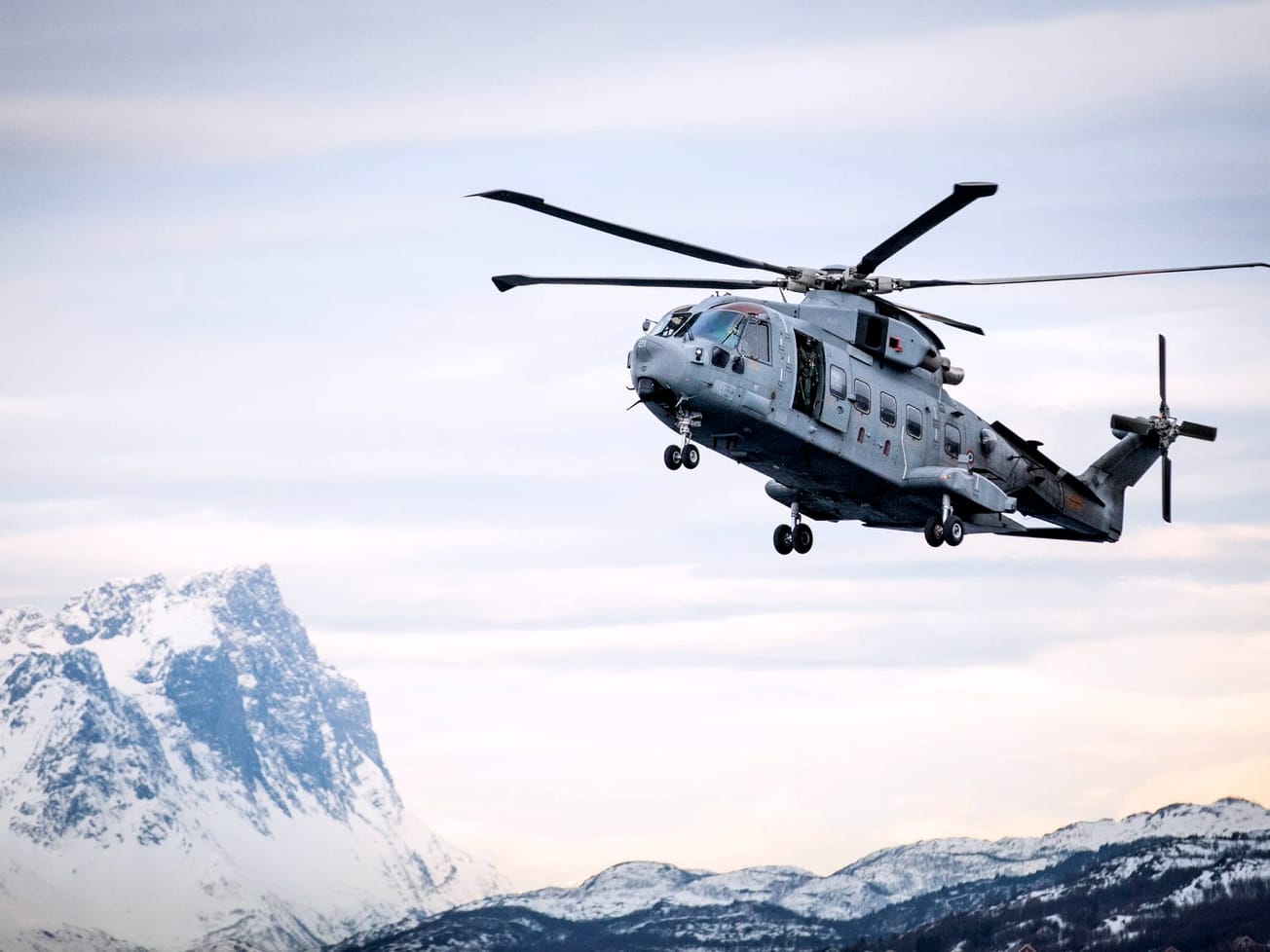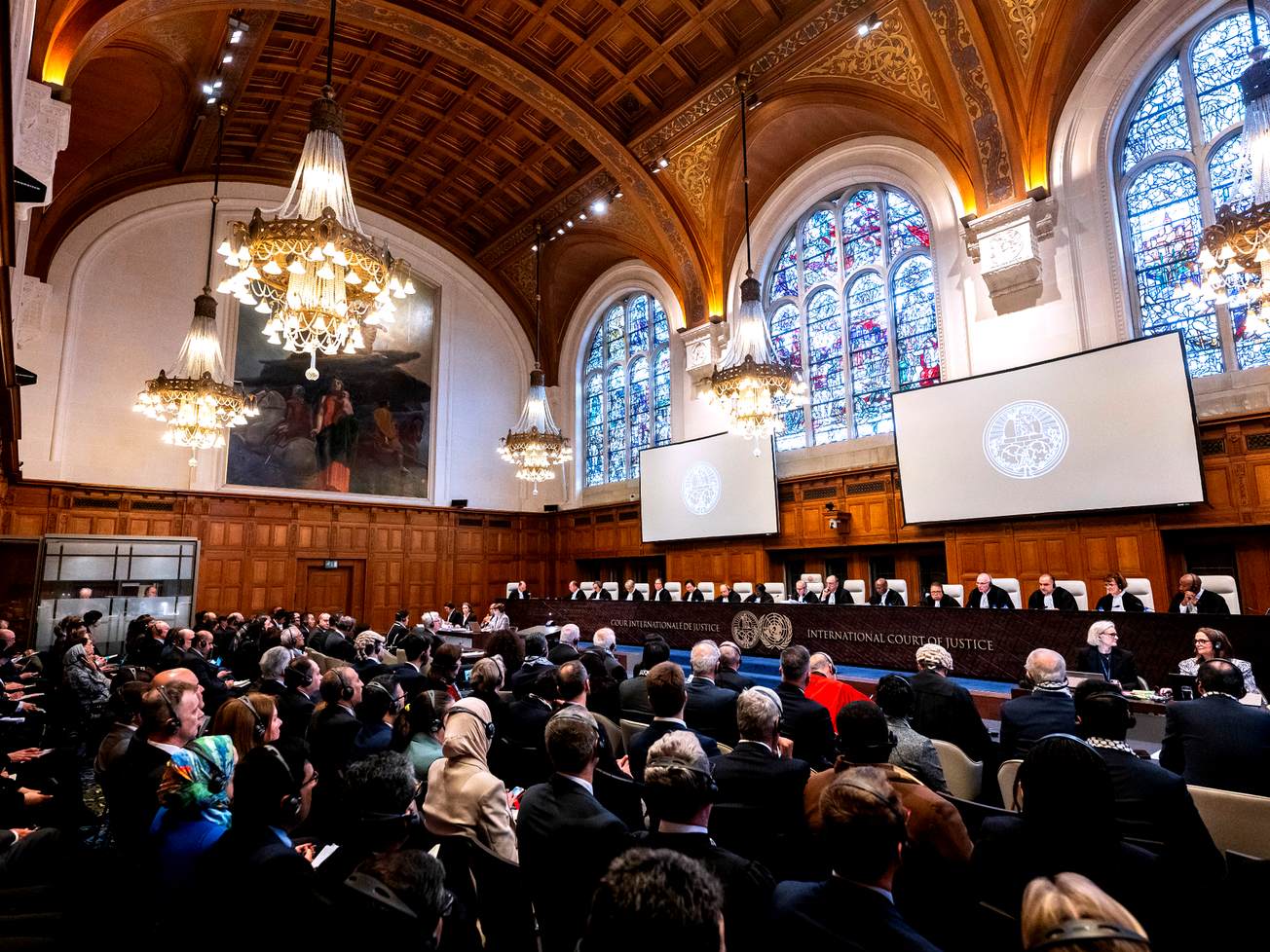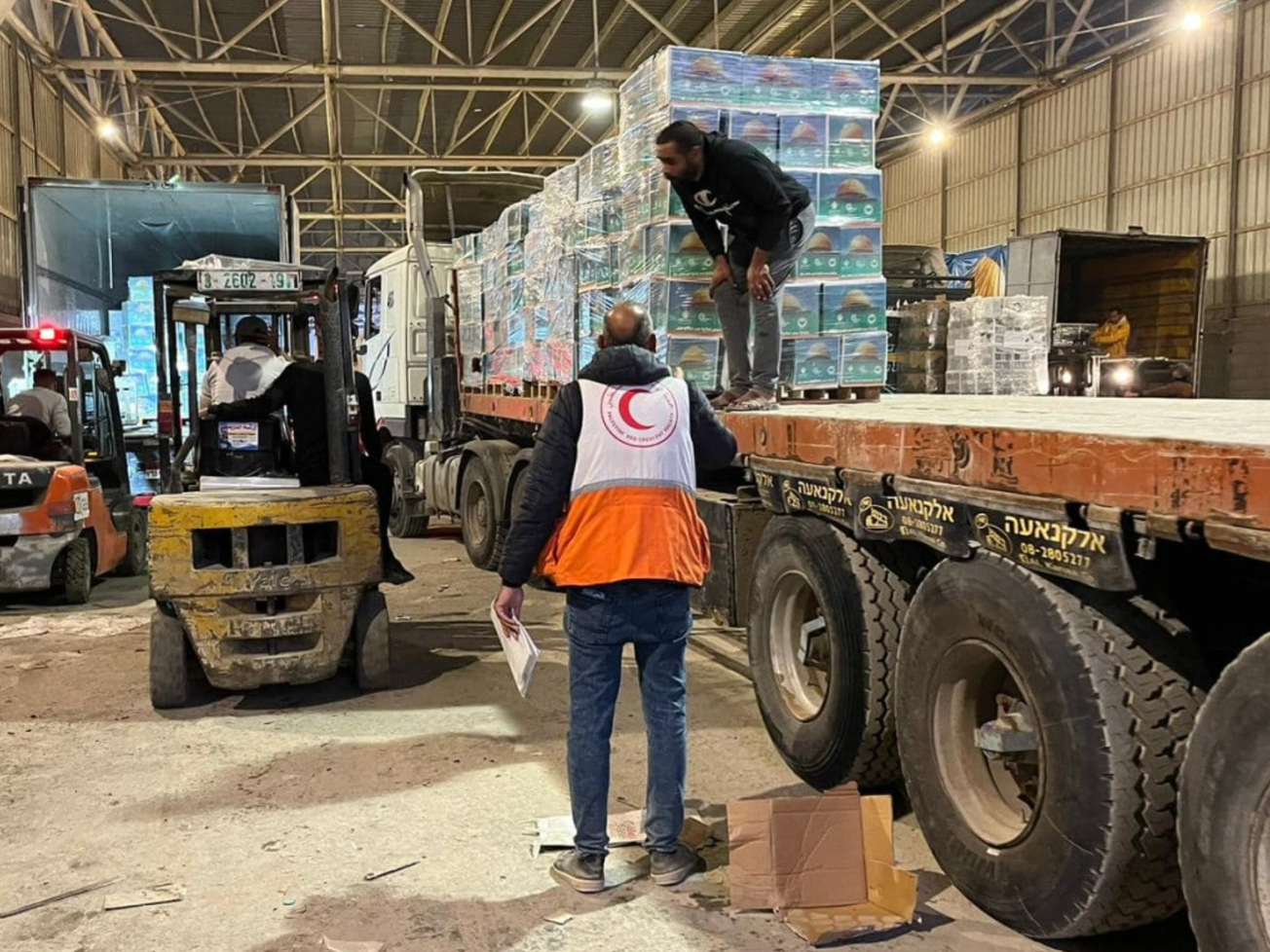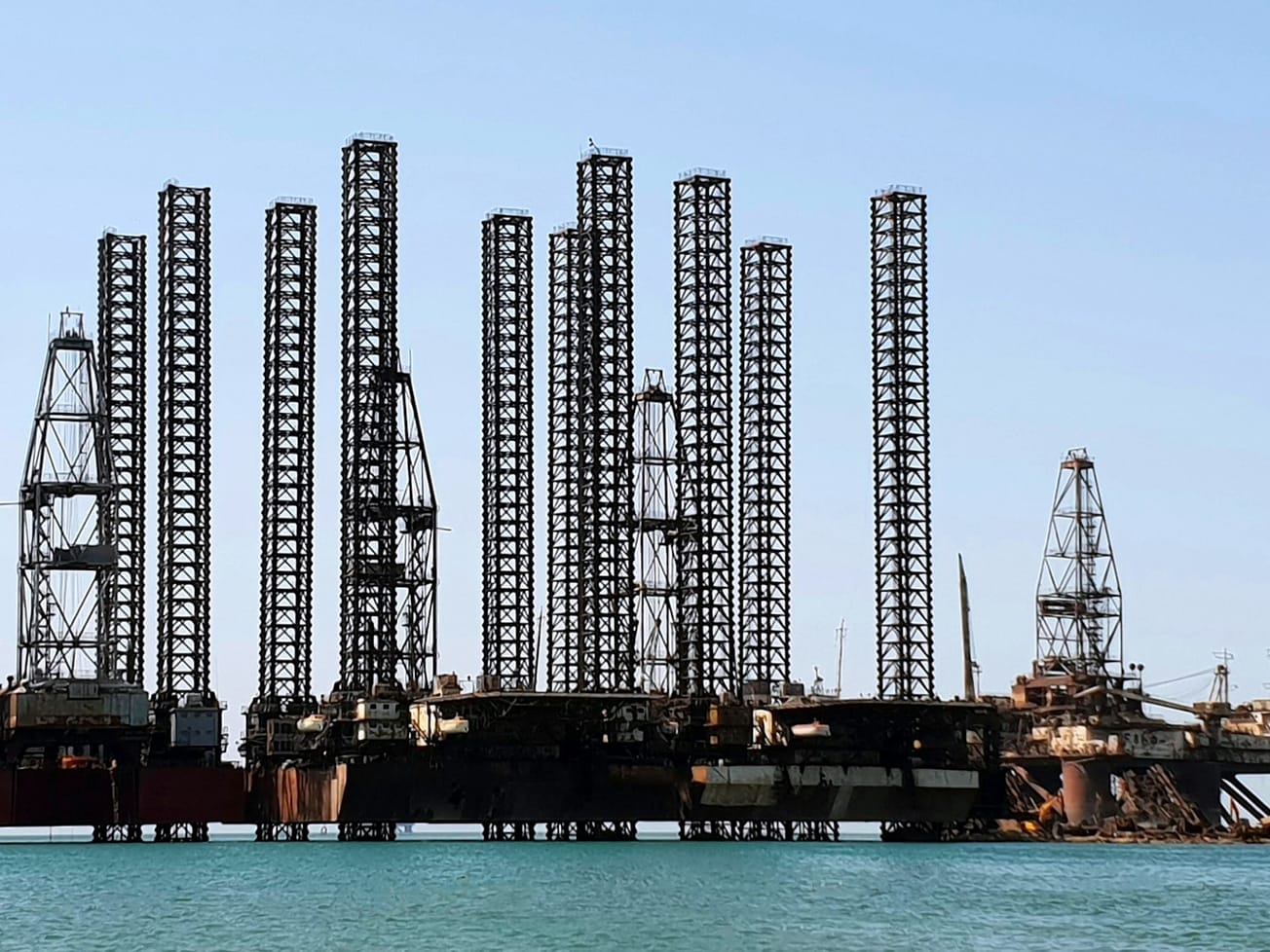
U.N. creates an international day marking 1995 Srebrenica genocide
The resolution sponsored by Germany and Rwanda reflects an effort to remember the lessons of 20th century genocides.
The resolution sponsored by Germany and Rwanda reflects an effort to remember the lessons of 20th century genocides.
Reporters Without Borders warned that governments' support for press freedom around the world has been shrinking.
The chair of the talks called for optimism despite divisions among plastic-producing nations and those urging restraints.
The wars in Europe and the Middle East, climate change, and soaring national debts hung over the annual talks.
This year and next mark the countdown to a 2025 deadline for governments to strengthen their carbon-cutting plans.
At least 200 humanitarian workers have been killed in Gaza — more than 95% Palestinians – since the outbreak of war.
A Swiss-led U.N. Security Council committee will find it harder to deal with 'suspicions' of sanctions violations.
Ambient fine particulate matter known as PM2.5 is considered the world’s leading environmental health risk factor.
WHO's chief warned that 'a torrent of mis- and disinformation' affects pandemic treaty negotiations restarting this week.
A top U.N. official cites strong concerns about mental privacy, which is 'a line that we should not cross at all' as AI develops.
Sweden does not share a border with Russia, but its coastlines stretch 3,218 kilometers to its east along the Baltic Sea.
The International Court of Justice heard testimony on the legality of Israel’s 57-year occupation of Palestinian territories.
Aid workers witnessed 'unprecedented levels of desperation,' confirming Gaza’s 'precipitous slide into hunger and disease.'
The summit is focused on Europe's uncertain security, clouded by Russia's threat and America's political turmoil.
Russia’s war in Ukraine and the Israel-Hamas war accelerated geopolitical tensions among major powers.
The spotlight on gender parity follows Mexico's push last year for a crackdown on harassment at U.N. climate talks.

